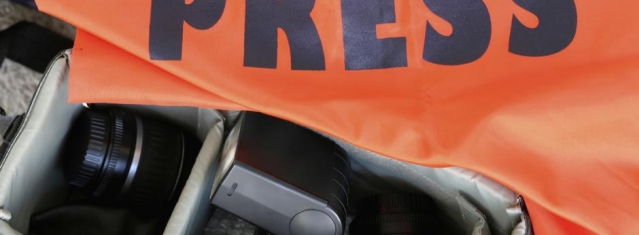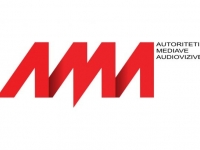News
Albania is a step closer to Putinism and Erdoganism
AMA MAKES COURT IN ALBANIA

USPA NEWS -
The law against online media or otherwise known as the 'anti-defamation package' has been passed in parliament by MPs. 83 deputies voted in favor, 13 against and 4 abstentions. This morning a group of journalists protested in front of the Assembly to stop the adoption of this law. But the majority and Prime Minister Edi Rama did not back down. The new law empowers the Audiovisual Media Authority and the attributes of a court to impose fines and closure of portals in the event of complaints from third parties. The European Union, the Council of Europe and more than 30 world organizations defending media freedom have also voiced their opposition to the law.
The OSCE appears to be pursuing double standards in its attitudes to media freedom in the region. While for Albania, OSCE Representative on Freedom of the Media, Harlem Désir, agrees with the government's "anti-libel" package, in northern Macedonia he supports self-regulation by the media.
You can read more specifically the OSCE statement on northern Macedonia
OSCE Representative on Freedom of the Media, Harlem Désir, expressed his support for the online media self-regulation register in Northern Macedonia, which was announced today by the Media Ethics Council together with the Association of Journalists of Macedonia and Economic Chamber.
"Media self-regulation is a useful mechanism for promoting quality information, preserving editorial freedom and enhancing media credibility," Désir said.
The initiative aims to promote self-regulation of online media through, inter alia, transparent funding; the commitment of the online media to respect the Code of Journalists; and publication of decisions by the Media Ethics Council.
"I hope that this joint work by some organizations in Northern Macedonia will be useful for the online media platforms as well as for the wider media community
You can read more specifically the OSCE statement on northern Macedonia
OSCE Representative on Freedom of the Media, Harlem Désir, expressed his support for the online media self-regulation register in Northern Macedonia, which was announced today by the Media Ethics Council together with the Association of Journalists of Macedonia and Economic Chamber.
"Media self-regulation is a useful mechanism for promoting quality information, preserving editorial freedom and enhancing media credibility," Désir said.
The initiative aims to promote self-regulation of online media through, inter alia, transparent funding; the commitment of the online media to respect the Code of Journalists; and publication of decisions by the Media Ethics Council.
"I hope that this joint work by some organizations in Northern Macedonia will be useful for the online media platforms as well as for the wider media community
Liability for this article lies with the author, who also holds the copyright. Editorial content from USPA may be quoted on other websites as long as the quote comprises no more than 5% of the entire text, is marked as such and the source is named (via hyperlink).






